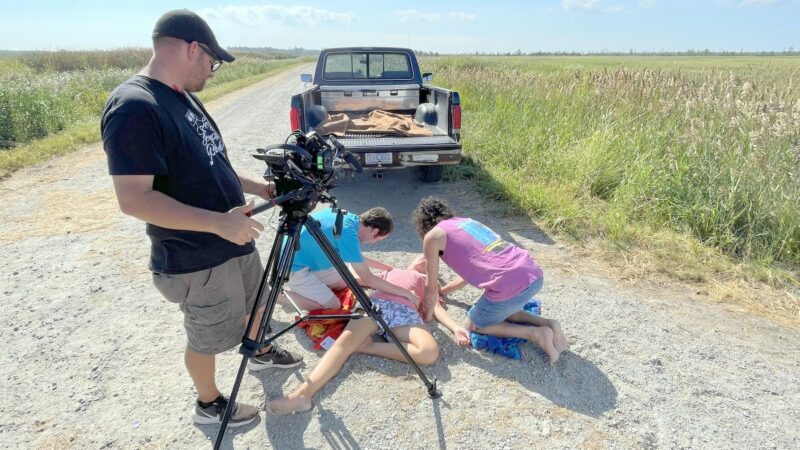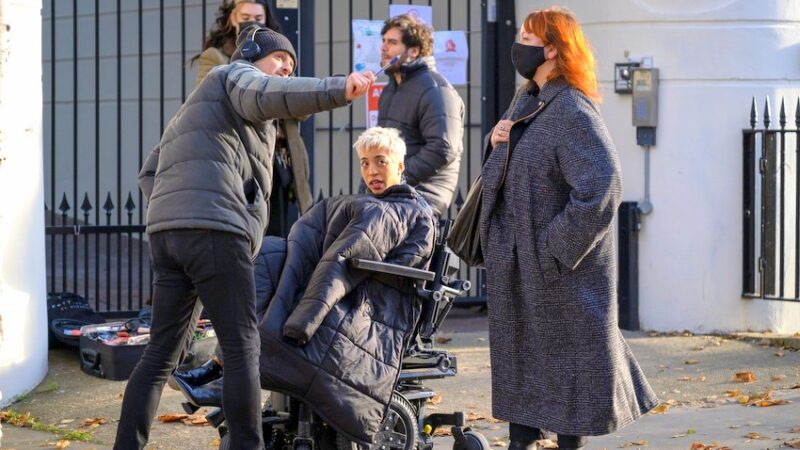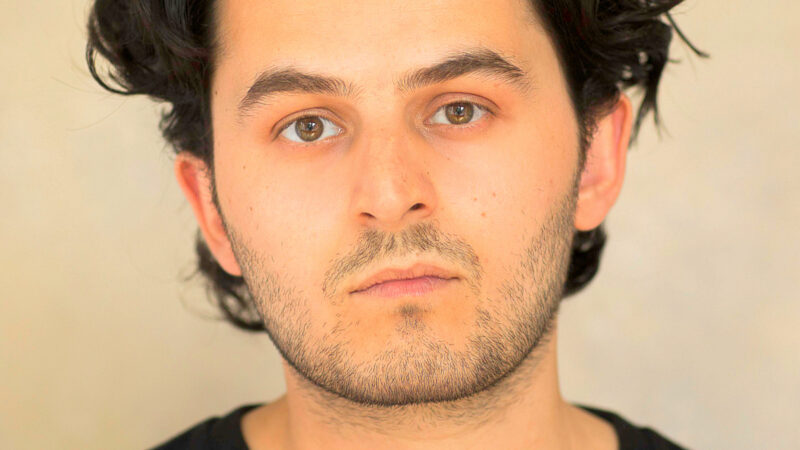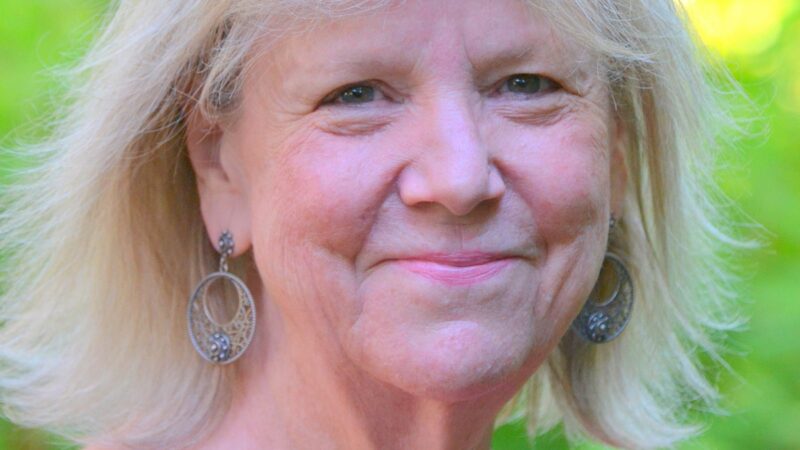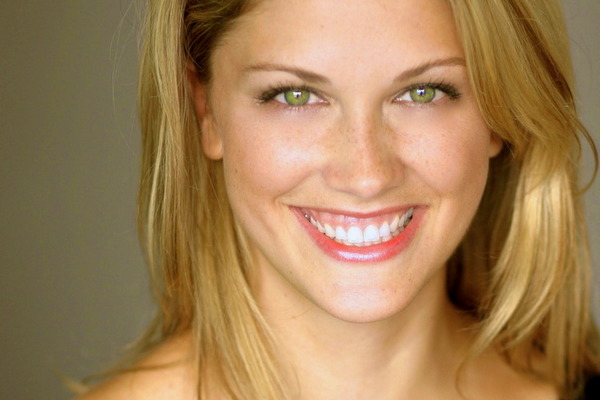
Mary Alexandra Stiefvater was born in Chico, California and grew up in Stockton. Her first break came on The Late Show with David Letterman and later, Mary moved to Los Angeles, to work in film television (The Mentalist, The New Adventures of Old Christine, Terminator: The Sarah Connor Chronicles, The Wedding Bells & Happy Hour). Mary Alexandra Stiefvater also done several independent films (Supergator, Bear, Speed-Dating, Driving By Braille, Loveless in Los Angeles, The Perfect Boyfriend, Easy Rider: The Ride Back, & Four Lane Highway) and numerous commercials (Bud Light, Volvo, Lupus PSA, Red Bull Sugar-free, Style Network, 1-800-Collect & TGIFriday’s). Recently, Mary has been hosting a show called My Favorite Cup, about coffee and tea and she is attached to the new show, Pet Divorce Court, by visionary creator Hammad Zaidi.
Driving By Braille from Mary Alexandra Stiefvater on Vimeo.
Did you study what you do
I was educated at The University of California at Los Angeles, where I received a Bachelor of Arts in Theater, and I also studied French cinema and philosophy at the Sorbonne Nouvelle (Paris III) and Le Centre Parisien d’Études Critiques. I did my postgraduate training at London Academy of Music and Dramatic Art. I’d been exposed to theater from a young age and I was a dancer before I was an actor so it was a gradual transition.
What is your filmmaking process
As an actor I sit with the script and character for a while. I let it sink in and try to discover the possible emotional places I can go in each scene. I love rehearsal. The more time I get to work with another actor to refine a scene, the better. As a writer/producer I look at the overall story I’m telling and how to accomplish the end result efficiently and under budget.
Supergator from Mary Alexandra Stiefvater on Vimeo.
Tell us about the work you have produced
In 2006, I produced the award-winning short film, Bad Habits, with my first production company, Habit Forming Films. I then produced Wedding for One and 11-44 with director Kristina Lloyd. After many years of co-writing, my first, solo, full-length script, Squaw, was nominated for Best Screenplay in two festivals. In 2015, I founded 31st Republic Productions and our first film, The Room, which I also wrote, will be hitting the festival circuit this summer.
Do you take courses to improve your craft
Always. There is always more to learn and some of the best stuff comes from just working with other actors and directors. You learn as much on set as you do in a class.
How do you combine acting, producing and writing
They lend themselves to each other creatively. I started writing and producing as a way to put out stories I felt were meaningful. Acting is a humbling profession. To do one’s job well, it demands you climb into another person’s shoes and view the world through their eyes. Acting has taught me patience and respect for the human condition.
Playdate from Mary Alexandra Stiefvater on Vimeo.
How did you get into the film business
I had done a little bit of modeling when I was younger and then in high school, I auditioned for the school play and was cast. I loved it so I just kept looking for opportunities to act.
How do you turn an idea into a screenplay
First you have to be passionate about the story you are telling because you are going to be working and living with that story in your mind for months or even years to bring it to fruition. Then you have to migrate that thought from your mind to paper. A script is just a game plan the whole cast and crew are going to follow to complete the project.
Explain your writing process
I use index cards to plot out a storyline, but ultimately I have to see a picture in my mind that tells the emotional story I want to convey on paper. Then I turn that picture into a scene. I usually imagine how a scene plays out before I write the dialogue. Then I go back and edit several times.
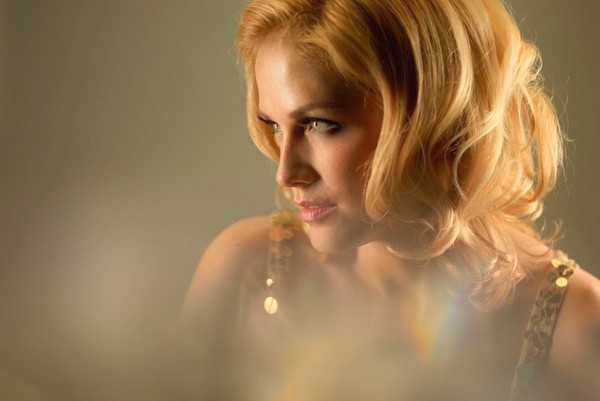
What writing tip or idea can you give young writers
Find the process that works best for you. Allow yourself the chance to fail because the mistakes are what help you learn the most. Don’t let anyone deter you from your dreams.
What is is like working in the Hollywood system
Everyone pays a price. If you are independent, you struggle to have the money and backing to do the projects that you want to put into the world. If you are a huge star, you are contractually obliged to do the work that makes money for the network, studio, agent and advertisers. The trick is to find a happy medium between the projects that you want to do artistically and the projects that are entertaining and fruitful for all the parties involved.
What do you want to change about the film business
I want to see more females at the head of the production; i.e. producers, directors, writers, showrunners, film fund heads, network heads and studio heads. I’d also like to see more roles for women both younger and older. There are demographics not being well represented on screen. As the population lives longer, we should be telling stories about life in our 60’s, 70’s 80’s and beyond.
What do you want to be remembered for
Being a kind person and a great artist, in that order
INTERVIEWS
In Conversation with Michael Oblowitz Director of Confidential Informant
Confidential Informant stars Mel Gibson, Dominic Purcell, and Kate Bosworth
more interviews




